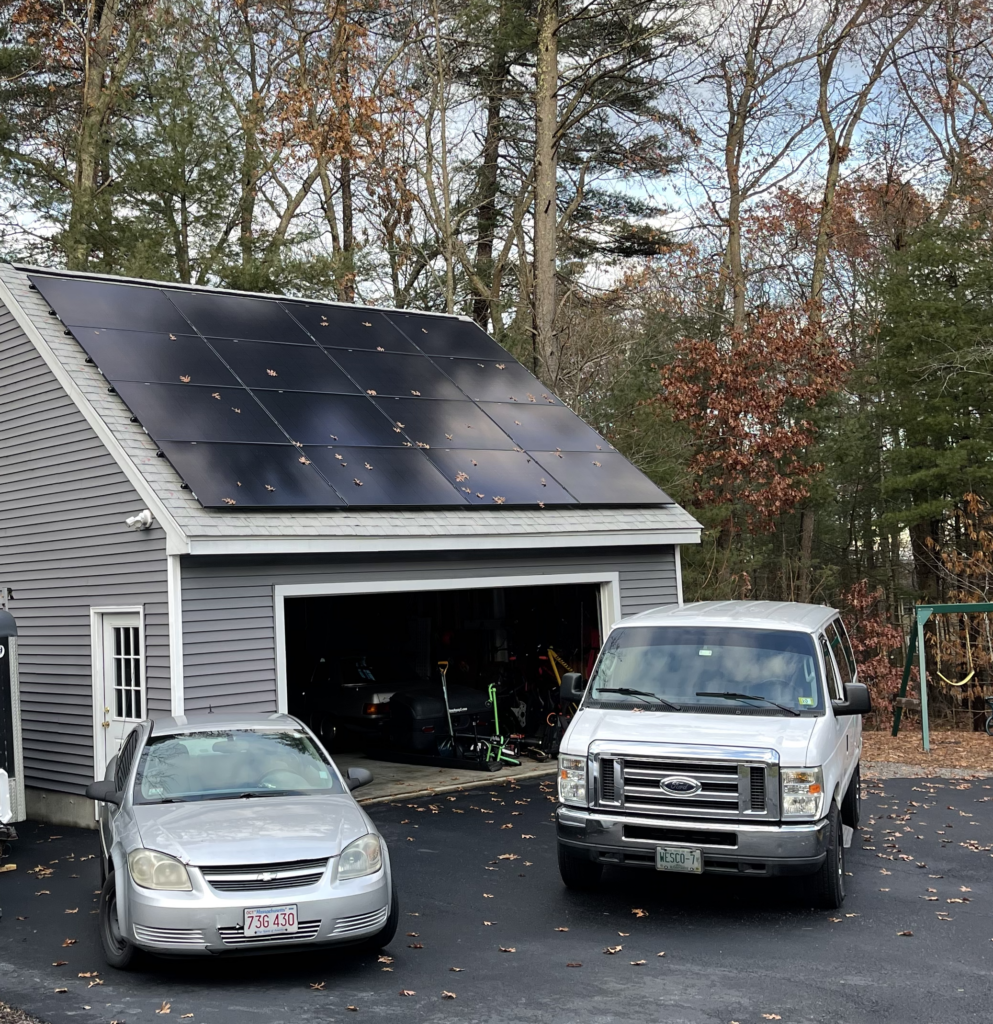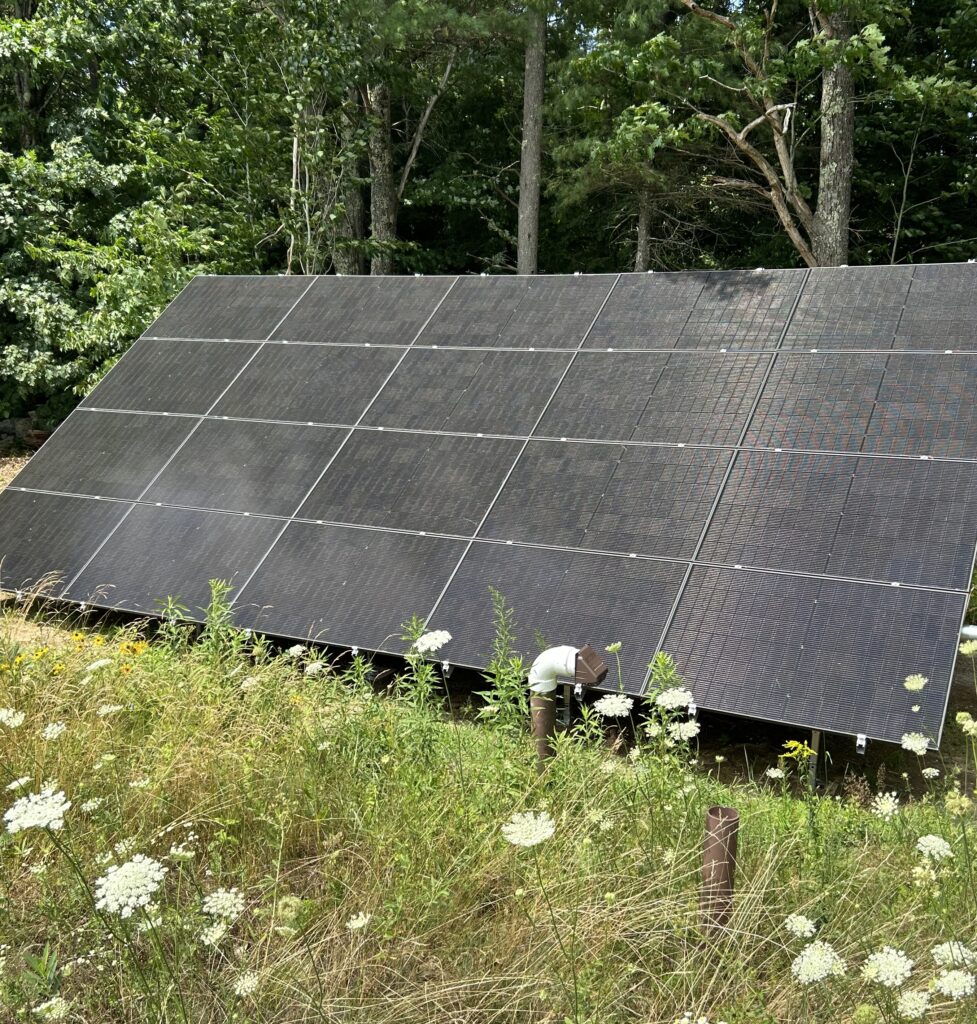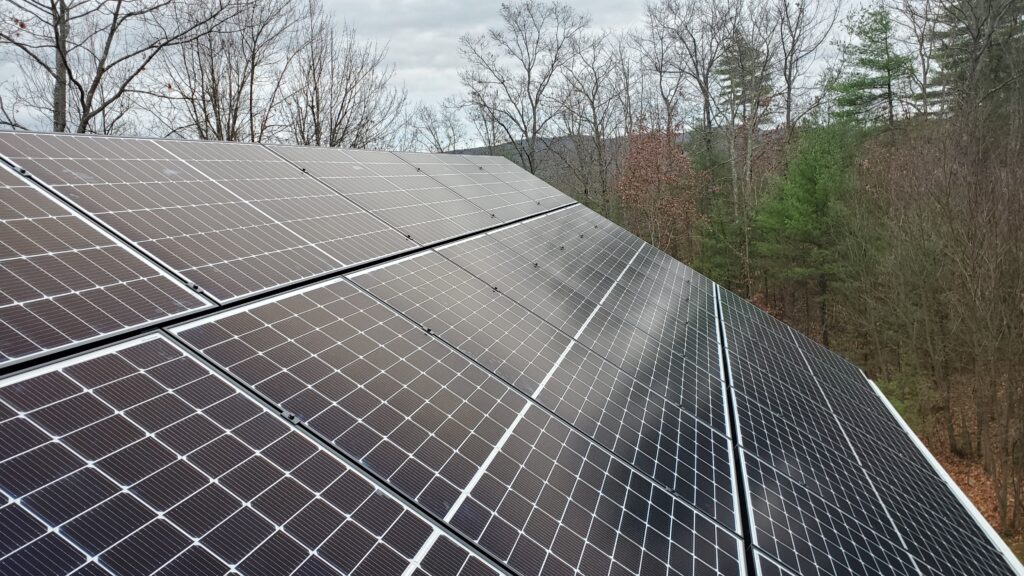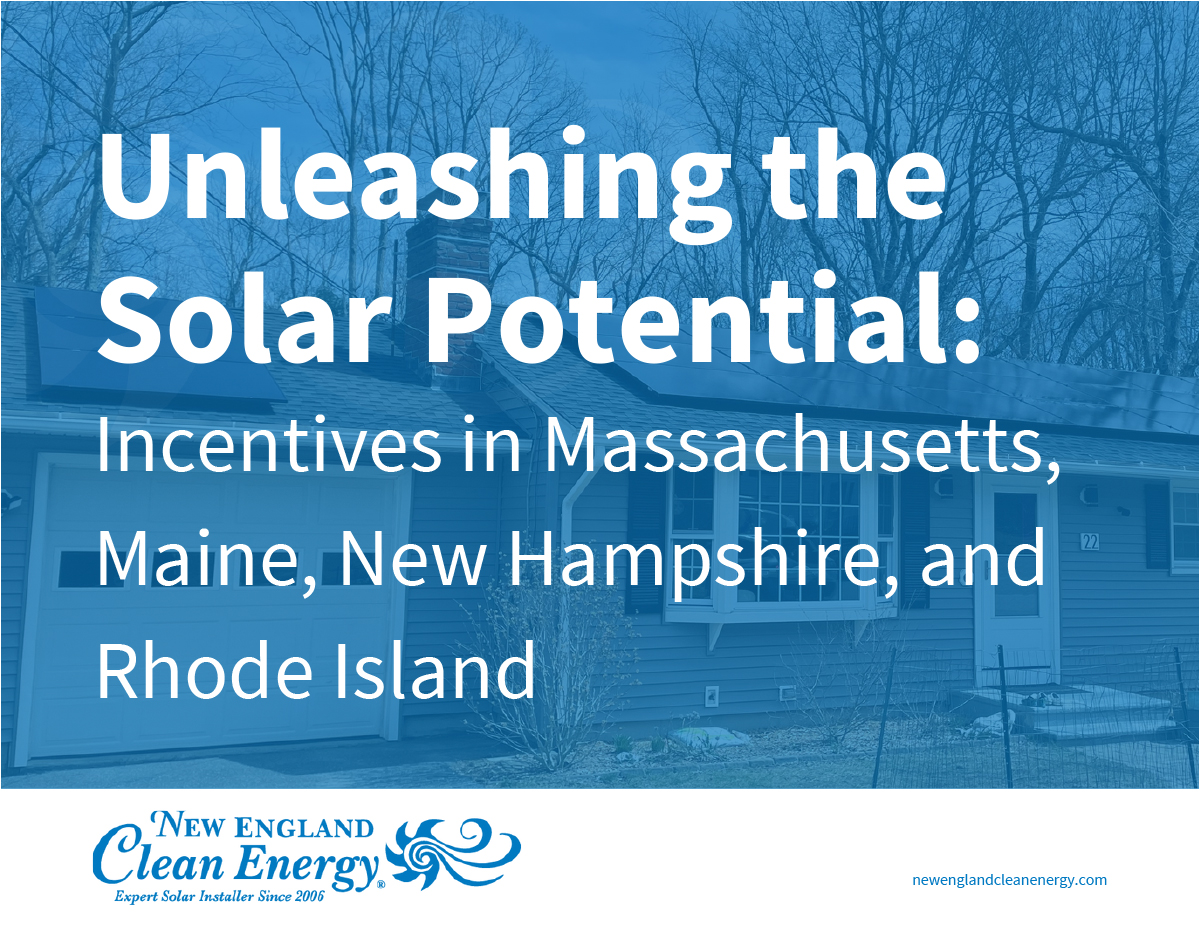Factors Impacting Solar Cost
The Cost of Solar Panels: How Much Does it Cost to Install Solar Panels for Your Home or Business?
If you’ve been considering installing solar panels for your home or business, you’ve probably heard the phrase “the cost of solar” thrown around a lot. But what does it really mean? Well, it’s not as simple as it sounds. The cost of solar can vary greatly depending on the size of your system, the type of panels you choose, and the location of your installation.
In this article, we’ll explore the current and future cost of solar panels, the impact of government programs on solar cost for homes and businesses, and the cost of solar installation

Have Questions about How You Can Make Solar Work For You?
New England Clean Energy is all about making it easy for you to get started and we offer two ways to find out how solar can work for your home or business!
Use our estimation tool to get an instant ballpark estimate and see savings with our self-assessment solar cost tool.
Speak with an expert solar consultant to get a free evaluation, with a complete and detailed proposal.
Cost of Solar Panels
The cost of solar panels is surprisingly affordable and is expected to continue to decrease in the future. With the help of government programs and financing options, going solar is more accessible than ever before. So, what are you waiting for? Let the sun power your home and business today!
Depending on the size of the system, you can expect to pay anywhere from $2.50 to $4.00 per watt. That means a 5kW system could cost as little as $12,500.

The future cost of solar panels is even more exciting. With advances in technology and increased competition in the market, the cost of solar panels is expected to continue to decrease. In fact, some experts predict that the cost of solar panels could drop to as low as $1.50 per watt in the next few years.
So, you want to harness the power of the sun to save some dough on your energy bill? Well, buckle up, because there are a lot of factors that go into the cost of solar energy.
At a cost that ranges from $20,000 up to $50,000 or higher (depending on how big a system you need to cover your electric bill or have room for), residential solar panels are a sizable investment for most homeowners.
So whether you’re ready to go solar today – or just thinking maybe sometime in the distant future, give us a call at 877-886-8867 and we will set you up with a free consultation that can show you exactly how many panels you need.
OR, if you want a quicker estimated answer don’t hesitate to use our instant ballpark estimate with our self-assessment solar cost tool to get an estimated cost of your solar energy system.
Reduce Solar Panel Cost With Government Programs
Now, let’s talk government programs. If you’re looking to go solar, you’ll want to take advantage of any and all government incentives available to you. And boy, are there a lot.
If you live in Massachusetts, you can take advantage of the state’s Residential Renewable Energy Income Tax Credit, which allows you to deduct 15%, (with a maximum of $1000.00) of the cost of your solar system from your state taxes. And if you’re a business owner, there are even more incentives available to you.
If you live in New Hampshire, you can take advantage of the state’s Renewable Energy Fund, which provides funding for renewable energy projects, including solar. And if you live in Rhode Island, you can take advantage of the Renewable Energy Growth Program, which provides incentives for solar projects.
Phew. That was a lot of information. But trust me, taking advantage of these government programs can greatly reduce the cost of your solar energy system.
The type of panels you choose can greatly impact the overall cost of your solar energy system. And trust me, there are a lot of options out there. From traditional silicon panels to thin-film panels, it can be overwhelming to decide which type is best for your needs But fear not, my fellow sun-seekers, because there are pros and cons to each type of panel. Silicon panels are the most common and efficient, but they’re also the most expensive. Thin-film panels are cheaper, but they’re not as efficient and require more space. So, it really comes down to what you value more: efficiency or affordability.
Unleashing the Solar Potential: Incentives in Massachusetts, Maine, New Hampshire, and Rhode Island
This e-book introduces the solar incentives available in Massachusetts, New Hampshire, Rhode Island, and Maine. It aims to help individuals and businesses understand the state and federal programs available to them and make informed decisions about installing solar panels. By providing a comprehensive overview, this guide hopes to encourage a transition towards renewable energy and promote a sustainable future.

Solar Cost and Square Footage
The size of your solar installation will also impact the cost. The more square footage you have available for solar panels, the more electricity you can generate. However, larger installations also come with a higher price tag.
When considering the square footage for your solar installation, it is important to consider factors such as roof orientation and shading. Roofs that face south or southwest are generally the best for solar installations, as they receive the most sunlight. Shading from trees, buildings, or other obstructions can also impact the efficiency of your solar panels
Solar Panel Cost and Energy Needs
Last but not least, we’ve got energy needs. This one might seem obvious, but hear me out. Your energy needs will impact the cost of your solar installation because it determines how many solar panels you need. If you have a large home with a lot of appliances, you’ll need more panels to generate enough electricity to power everything. However, if you’re a minimalist who lives off the grid and only needs to power a few lights and a fridge, you won’t need as many panels. It’s important to find a balance between your energy needs and your budget, so make sure you have a clear idea of what you need.
To determine your energy needs, you can look at your past energy bills to see how much electricity you use on average each month. You should also consider any future changes to your energy needs, such as adding an electric vehicle or expanding your home or business.

Once you have determined your energy needs, you can work with New England Clean Energy to design a system that will meet those needs. The cost of the system will depend on factors such as the size of the installation, the type of solar technology used, and any government incentives or tax credits that may be available.
New England Clean Energy is all about making it easy for you to get started and we offer several different ways to find out exactly how many solar panels are right for you!
You can talk to Our Experts at 877-886-8867 or Get a Ballpark Estimate using our AI-driven estimation tool.


